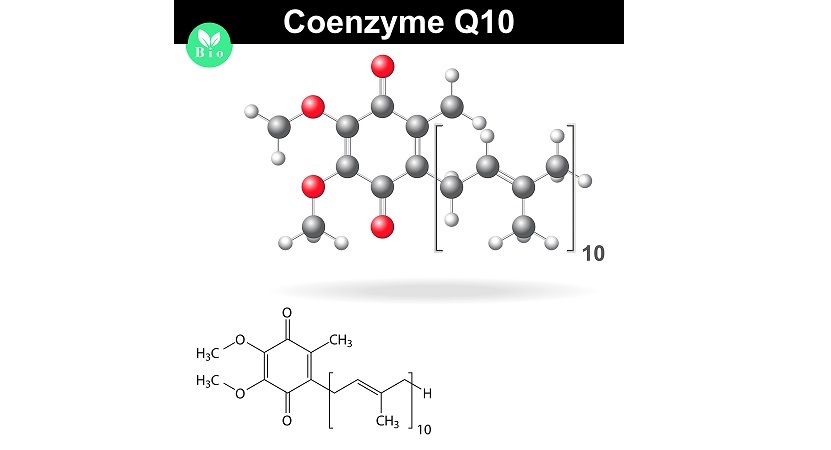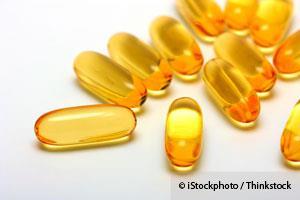Cholesterol Lowering Drug Scandal: CoQ10 Essential to Senior Health but Depleted by Statins
The least publicized actual side effect of cholesterol-lowering statin drugs that complements the dangerous intended effect of reducing cholesterol is they also block CoQ10 production, which is already waning among those aged 40 and older. That’s the age when people begin getting prescribed statins per the newest statin drug guidelines. The irony is that CoQ10 is vital for good heart health! CoQ10 is on high demand from cells in muscle tissue, and the muscle that works the most without rest is the heart. Instead of supplementing CoQ10 when one reaches the 40 year plus mark, he or she will likely be prescribed statin drugs for life as a preventative against cardiovascular disease and heart attack. As statin drugs decrease one’s already lowered CoQ10 production from aging, the heart can get slowly weaker, leading to congestive heart failure. This is when the heart keeps beating, but it is so weak it isn’t strong enough to maintain blood flow throughout to meet the body's needs. Instead of the pain that accompanies a sudden heart attack, gradually one begins to have less and less energy. Excessive tiredness comes in that may be incorrectly attributed to aging or being out of shape. Exercise only further exposes one’s breathing problems. Distended belly and leg swelling also occur. This can go on for years with increasing disability until there is a total heart failure. The newest guidelines for statins almost require physicians to put patients on statins as a preventative practice for life. As the CoQ10 deficiency worsens from statins, the poor patient goes into a debilitating spiral without any recognition to its true cause.









